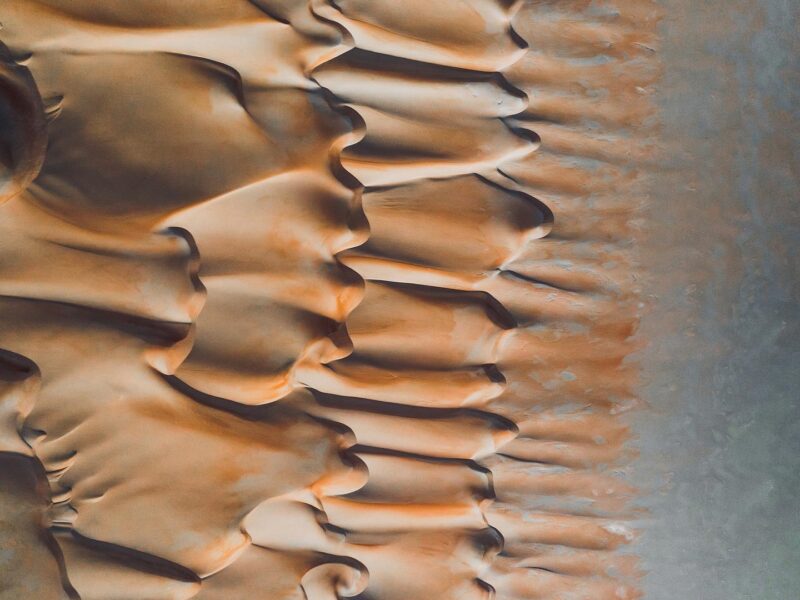Clarivate provides researchers with a more holistic and comprehensive view of the scholarly landscape within a single platform with the integration of discovery of dissertation and thesis metadata records sourced from ProQuest™ Dissertations & Theses Global
In an era where access to reliable and comprehensive research materials is crucial, Clarivate has taken a significant step towards enhancing the research experience.
This integration between ProQuest Dissertations and Theses Global with the Web of Science™ enables researchers to seamlessly uncover early career, post-graduate research in the form of more than 5.5 million dissertations and theses from over 4,100 institutions from more than 60 countries, alongside journal articles, conference proceedings, research data, books, preprints and patents.
Importantly, this integration eliminates the need for researchers to search multiple databases, allowing them to streamline their workflow and focus more on their academic success and research advancements.
This holistic approach empowers researchers and students to conduct more comprehensive literature reviews by incorporating unpublished scholarship and diverse perspectives. It acknowledges that the research process is rarely linear, and by embracing both positive and negative scientific findings, researchers can gain a more comprehensive understanding of the available evidence and avoid duplicating effort in later research.
The integration of ProQuest’s expansive collection of early-career scholarly content with the Web of Science platform opens new possibilities. Researchers and students alike can now discover emerging trends, identify new areas of research and find post-graduate programs engaged in cutting-edge research through a singular search, streamlining their research workflow.
Unpublished works present valuable evidence
Post-graduate dissertations and theses play an essential role in understanding the research landscape. Unpublished research often holds immense value, despite not being published in peer-reviewed journals. Defended and reviewed by committees of scholars, it can contain valuable evidence to enhance the scientific community’s understanding of various disciplines. The well-documented “file drawer effect” across disciplines hides an abundance of quality research that is never published in the peer-reviewed literature. Researchers across fields have drawn attention to the fact that this practice “deprives the scientific community of valuable evidence,” with some notable examples in evidence-based medicinei and psychology.ii
Researchers now have simultaneous access to unpublished and published multidisciplinary scholarship, offering detailed materials, methods and unpublished results that can spark further investigations. These works can provide more extensive details than those found in journal articles, particularly when it comes to experimental procedures.
Enhancing access to full text documents
To further enhance accessibility, direct full text linking from the Web of Science to the ProQuest platform is now available for joint subscribers of the Web of Science and PQDT Global. This seamless access allows researchers to delve into more than three million full-text documents without interruption, eliminating barriers and facilitating a deeper exploration of relevant research.

Supporting academic and research excellence
Aggregated dissertation and thesis content provides researchers with flexible options for locating the early career research most relevant to their work. Dissertation and thesis records offer standard subject classifications to increase discoverability and enable easy retrieval of early career scholarship in a discipline or topic area.
By bringing together these resources, we will enhance collaboration opportunities for researchers, providing them with the ability to identify emerging areas of research of interest to them, along with the graduate programs engaged in such research.
We will also assist in showcasing their achievements to peers and evaluators. They will be able to claim their dissertation or thesis in their Web of Science Researcher Profile, adding recognition and visibility to their work.
Future enhancements and expansion
Our commitment to empowering researchers doesn’t end here. We are working diligently to introduce further features to ProQuest Dissertations & Theses Citation Index. By the end of 2023 we will add indexed, linked cited references for dissertation and thesis records, further connecting graduate work to the vast Web of Science network.
The integration of ProQuest Dissertations & Theses Citation Index with the Web of Science represents a significant leap forward in facilitating research excellence. By bridging the gap between published and unpublished works, this collaboration empowers researchers and graduate students to achieve their research goals more efficiently and effectively. With this newfound resource, the scientific community can expect accelerated progress, innovative discoveries and a deeper understanding of the world we live in.
Learn more about ProQuest Dissertations & Theses Citation Index and the invaluable opportunities it provides researchers here.
Watch our latest webinar Web of Science: Introducing the New ProQuest Dissertations & Theses Citation Index on demand here.
_____________________________
[i] Praveen, Gadde, et al.”Negating the negativity: Spotlight on “file drawer effect” in health care research.” Journal of Indian Association of Public Health Dentistry, vol. 14, no. 2, Apr.-June 2016, p. 243.
[ii] Evans et al. (2018) PLoS ONE 13(2): e0192219. https://doi.org/10.1371/journal.pone.0192219





